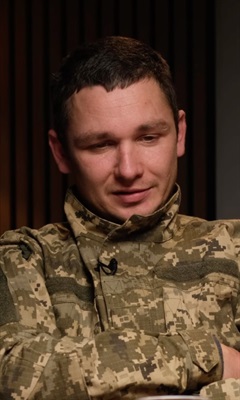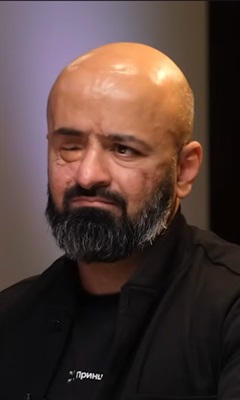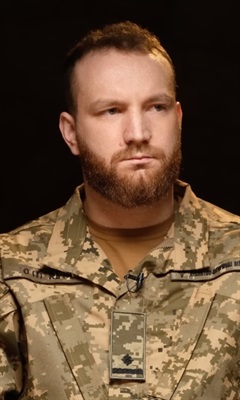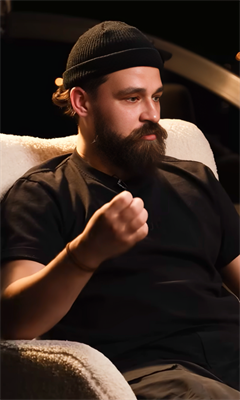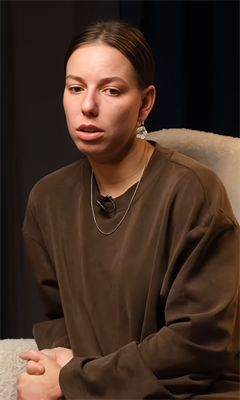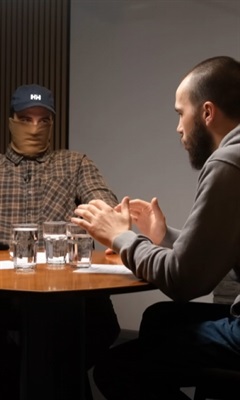We watched bombs and tanks in Mariupol through the window like a 3D movie. Katia Kaliuzhna’s diary

March 15. Three people and a dog on the side of the road
We were driving along the streets of the destroyed Mariupol. I was in the car with my husband, my little son, my mother, two grandmothers, and three cats. The fourth cat had run away during the shelling. It was March 15, the twentieth day of the siege of Mariupol, the twentieth day of killing the civilians. It was the first time I saw with my own eyes how much the city had suffered. A bombed and burnt down supermarket, the burning residential buildings, and the bodies of dead civilians lying in the yards. In the Prymorsky district, at the seaport, the houses were still intact, but missiles were already flying above them too. They could be heard hitting somewhere close.
It was there, in Lunina prospect, that a line of those leaving Mariupol was formed. We stood in it for three hours before moving to a safe place. A little bit farther, in the private sector of the same district, almost all the houses were destroyed. Somewhere a roof was missing, other roofs were burnt, and some unexploded missiles were stuck in the ground nearby.
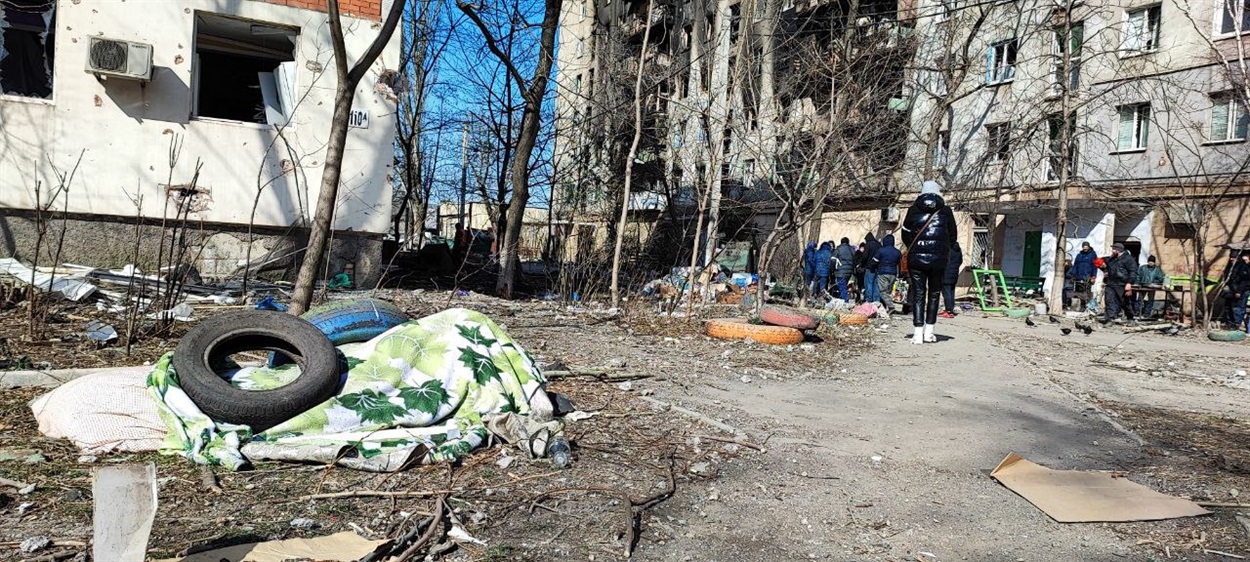 This is where my mother and grandmother used to live
This is where my mother and grandmother used to live
We stood in a line of cars, and from my window, I saw something that will always be imprinted on my mind. A destroyed house, the bodies of two people, covered with a sheet, next to the fence, their shoes stuck in my memory, and a dead dog. And one man, digging a grave to bury them all.
Twenty days under the shelling, without any utilities or communication. Twenty days of hell and a horrible game of Battleship – would it hit your house this time or not. Twenty days of questions that still don’t have answers. Twenty days of fighting for your life. Twenty days of prayers, anxiety, and faith. Twenty days in Mariupol during the war, which took away my home for the second time.
February 24. The canceled evacuation
The previous evening, my family and I were making plans for the weekend, thinking of places to visit with our child. There was a constant flow of news coverage in the background, but we didn’t believe that the war would start on the following day until the last minute.
It was about 05:00 a.m. when I woke up to a phone call. It was my friend who was in Odesa with her family. She asked, “Are you ok? How are things in Mariupol? Because we are being bombed.”
We realized that Russia had announced a war on us (and not “liberation” as these beasts say). My husband, a police officer, was urgently called to work. It is hard to say what I felt at that moment. I felt fear, hatred, anger, and belief that it was a misunderstanding.
I spent a major part of the day on my phone. Calls and messages came from friends and acquaintances from all corners of Ukraine. During the day, my neighbor came several times. She said that I had to stock up on food supplies and offered her help. I still couldn’t understand what was actually happening, and how far it would go.
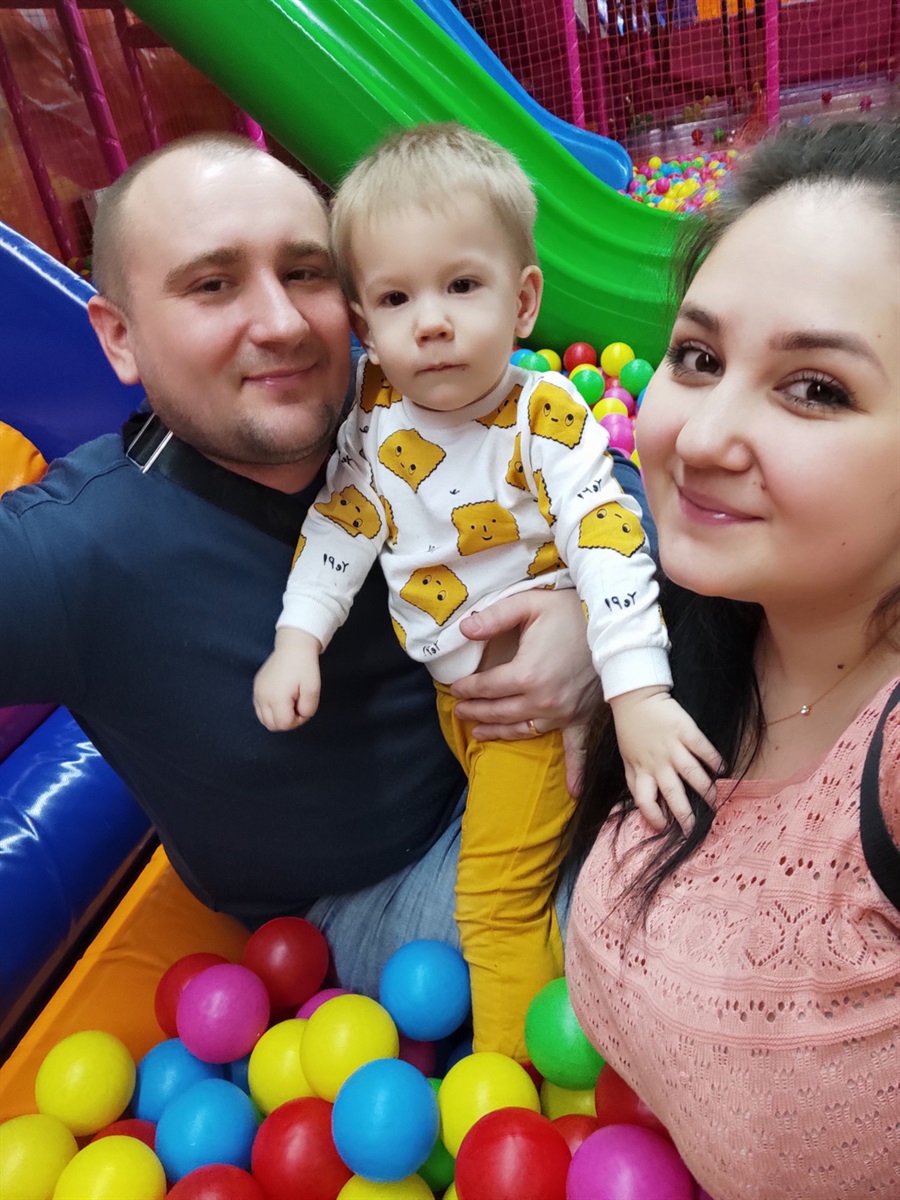 My husband, son, and I a month before the war
My husband, son, and I a month before the war
During a lunch break, my husband called and asked me to collect the documents. He said a to-go bag should always be in sight. This was the last time we talked until late that night.
In the evening, my mother dropped by after work. We had a long talk about the situation. The worst fear was our realization that the war could take away our home again. In 2014, the gunmen took away our home in Makiivka – the town where my parents and I were born. We are internally displaced persons.
We could hear some remote volleys. It seemed to us for a moment that, even if they were to invade Mariupol, it would be by the Donetsk scenario. But we pushed those thoughts away. We believed in our defenders’ perseverance.
Mother refused to go with us adamantly; she didn’t want to abandon her mother and aunt. I was crying, my child was hugging his grandma, and my husband was putting suitcases into the car, not saying a word. As we were getting into the car, my husband’s management wrote, “The evacuation is canceled. You are to leave your families at home and come back to your service.” So, my mother and son returned with me to our apartment. Half a night of conversations and tears. And a complete lack of understanding of what would happen next.
That very night I made my final decision to stay in Mariupol with my husband and relatives.
February 25. Mariupol at gunpoint
The morning started with phone calls again. I talked to relatives, friends, and acquaintances about the events in Ukraine. Some were looking for shelters, some were trying to get some cash from ATMs, some had to stock up on food.
My husband called again and insisted on our evacuation. I said that despite everything I would stay with our child in Mariupol. I didn’t believe in any corridors. There actually weren’t any. We argued for a long time. In the afternoon, my husband came back home. Our son’s godfather and godmother came with him: they are his colleagues. We decided to get through this awful time together.
The shelling was already heard somewhere close. We wrote to our acquaintances who lived in the “hot” areas. I was constantly in touch with my mother, whose house was also there.
We knew that the attack would come from Manhush and Nikolske. Her house was right at the crossing of these roads. Mother tried to calm us down but at that time we both knew that Mariupol was at gunpoint.
The last days of February. Breaths of air
The invaders were actively advancing towards Mariupol. On those days, they were hitting the Livoberezhnyi district with no mercy; there was shelling next to the airport as well. It was heard distinctly at our home too. The planes were bombing the village of Sartana. Bombs were falling on residential buildings.
My husband and our son’s godfather were at work; they went on 24-hour shifts every other day. But they took every opportunity to come to us. And these several minutes when we saw them seemed like a breath of fresh air.
The godmother’s ten-year-old son was very scared of explosions. He was in the corridor almost all the time as he felt safer there. And when we let children sleep at night, he said, “I am not taking my clothes off. There is a war outside, and here I am, with no pants on.” My son is little, so, praise the Lord, he didn’t understand what was going on.
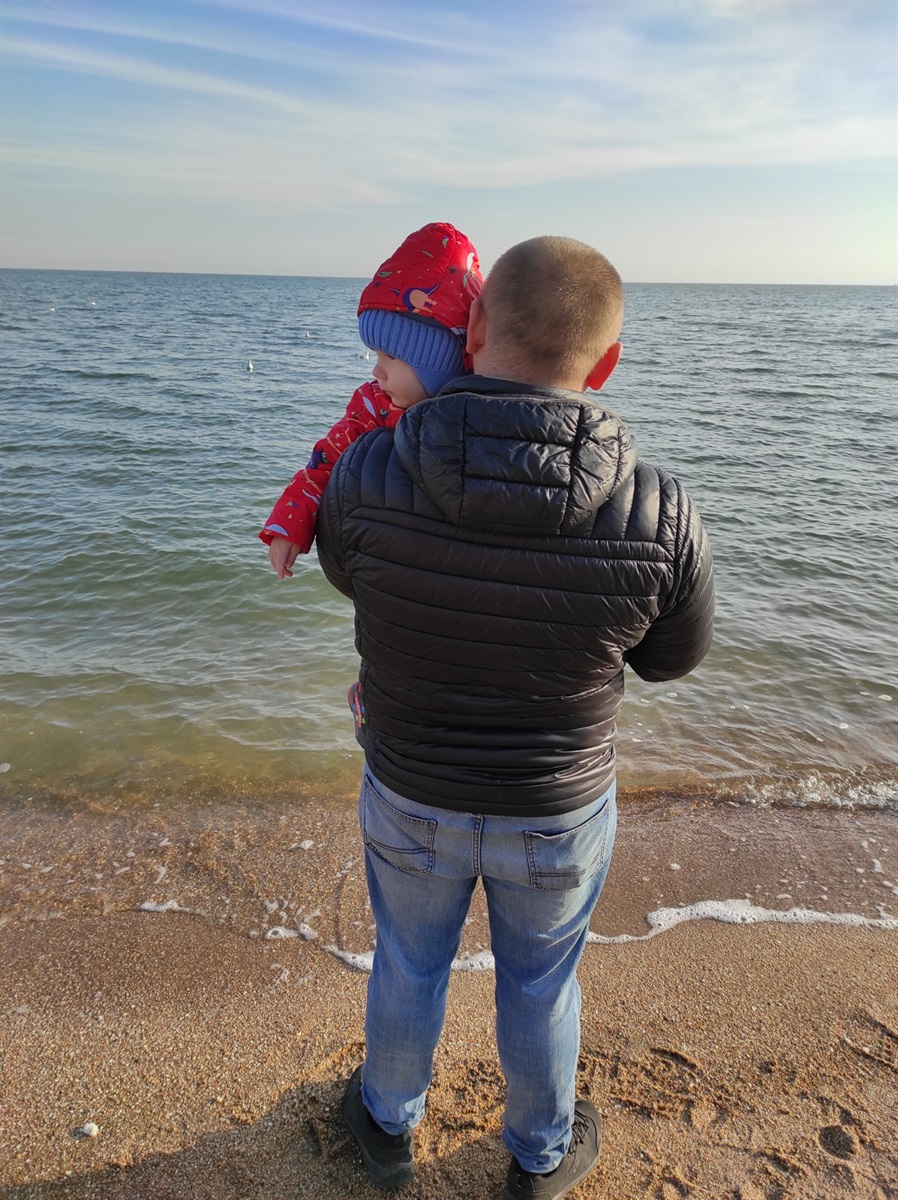 My boys on the beach in Mariupol. An archive photo
My boys on the beach in Mariupol. An archive photo
March 1. The price of bread is 50 hryvnia
The first day of spring flew by. The electricity vanished in almost the entire city. In the evening, it was on again. We rejoiced.
The volleys came ever closer, but we believed that our army would stand up to the Russians who had come to our land. We took a key to the basement from our neighbor just in case. A shelter had been arranged in our house, but we didn’t dare to run with our kids to the other side of the building under the shelling. So, we decided to hide in our basement if we had to.
Those days, our neighbors started supporting each other. We shared groceries and cooked food. The shops hardly worked then. If you went to the shop anyway, you had to stand in line for hours.
The prices for food and hygiene products skyrocketed. A loaf of bread, which used to cost 17 hryvnias, now cost about 50 hryvnias. Cereals, preserves, sausage vanished from the shelves. There was a shortage of baby food and diapers.
I started baking bread for my family and shared it with our neighbors.
 A loaf of bread, baked by me
A loaf of bread, baked by me
March 2. Cut-off
In the morning, our electricity vanished again, and there were disruptions in mobile communication. I was texting my friends, but messages came with a delay. There were some spots in the apartment where Vodafone was still on, but the signal was weak and lagging. In the evening, our communication was cut off completely.
It was hard for me to condemn the people, looking for food under the shelling. It was scarier to realize that it was the residents of the city ruining the shops with clothes and other goods. I didn’t realize why. One neighbor said, “I’d rather walk around in new expensive clothes I could not afford before than let them burn from a Russian missile.”
The shelling was somewhere close to my mother’s house. We lived four [bus] stops away; it is about a 20 minutes’ walk. There was no communication at all, and I only prayed that she and grandma would survive.
March 3. By our prayers
There was still a hope that our near and dear would survive and we would hear them at least on the phone. Constant shelling made us live in the corridor. I was sitting there with my child on my lap when somebody knocked on our door.
It was my mother. She wanted to make sure that we were alive. We talked for about 10 minutes, and when the shelling somewhat diminished, she ran home again. Later she said that she was going through the yards, hiding in house entrances from bombing from time to time.
During the night, I heard the first plane flying above our house. My heart seemed to stop, and through tears, I was begging it in my mind, “Fly away.” The sound of the plane was getting more distant, but then I heard two massive explosions – the plane had dropped bombs. It turned out that they hit the Azovsky market, opposite my mother’s house.
March 4. One year and eight months
In the morning, I was packing food products and bread for my mother and our two grandmothers. I asked my husband to drop by their houses, if possible.
During the war, all the days became alike. Usually, we’d hide in the corridor from the shelling. They hit so close that with each volley it seemed like it was nearly time for the missile to hit our house.
This time, we had no water and heating. It was getting colder in the apartment with each passing hour. It was frosty outside. Normal peaceful life was transforming into a real horror movie.
We rejoiced about routine matters: we managed to stock up on water and we still had gas. I still managed to bake a few loaves of bread under the shelling.
In the afternoon, my husband came and confirmed my suspicions: the glass was shattered in my mother’s balcony due to the air-raid the previous night. She tried to board them up with wooden planks under the shelling. She and my grandma refused to come to us. They believed to the bitter end that everything would end soon.
In the late afternoon, we went to the basement for the first time. We arranged our beds on the ground, using old coats and blankets, and brought out a pram. That day our son turned one year and eight months. That same day was the first time he slept in the basement wearing a coat and a hat. He almost didn’t fuss; he grew older. And he was sitting in my lap, understanding everything, pressing himself against my bosom.
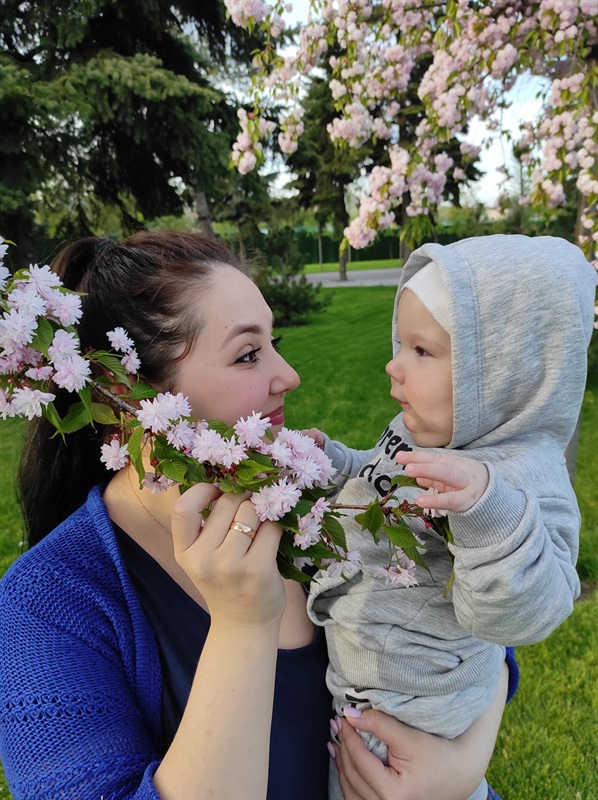
In the evening, my son’s godfather came to the basement. He had just come from work. He told us about the situation in the city and said that he had passed by my mother’s house. There was no recent damage. We relaxed a little and went upstairs to our apartment.
March 5. A plane
The aviation hit again at night. The plane was hunting peaceful civilians sometime at midnight, then at two and four in the morning. Usually, it would drop two bombs.
And there was no chance to survive. A crater from the bomb was about five meters deep, with a diameter of about thirteen meters.
At 02:00 a.m., I heard a bomb hitting somewhere in my mother’s district again. This time, they shelled the Port City entertainment center and the Azovsky market again. When there was electricity, people were given drinking water free of charge and without limits there.
March 6. Holding together
In the morning, my husband went to my mother’s again. I had begged him to bring her and my grandma to us, but I realized that they would refuse. He saw my mother next to her block. She was taking her garbage out, “Our windows were shattered last night.” That’s when my husband took Mom, Grandma, and two cats and brought them to us. I was crying with joy because they were alive and with us. They came without any things, but they were alive. And they didn’t abandon their cats.
We had to accommodate them somewhere. A neighbor was leasing an apartment on the fifth floor of our apartments block. The tenants moved in with their parents because of the war, and the neighbor agreed to my mom’s and grandma’s living there for a while. She wouldn’t even hear about taking any money. She said, “We should all hold together, this is how we will survive during these awful times.”
In the evening of the same day, our gas supply was turned off. It turned out that my mother and grandma had been living without gas for two days already. I just managed to cook porridge for the kids. We were deprived of all the comforts of home – Russia took our electricity, heating, water, gas, and communication already.
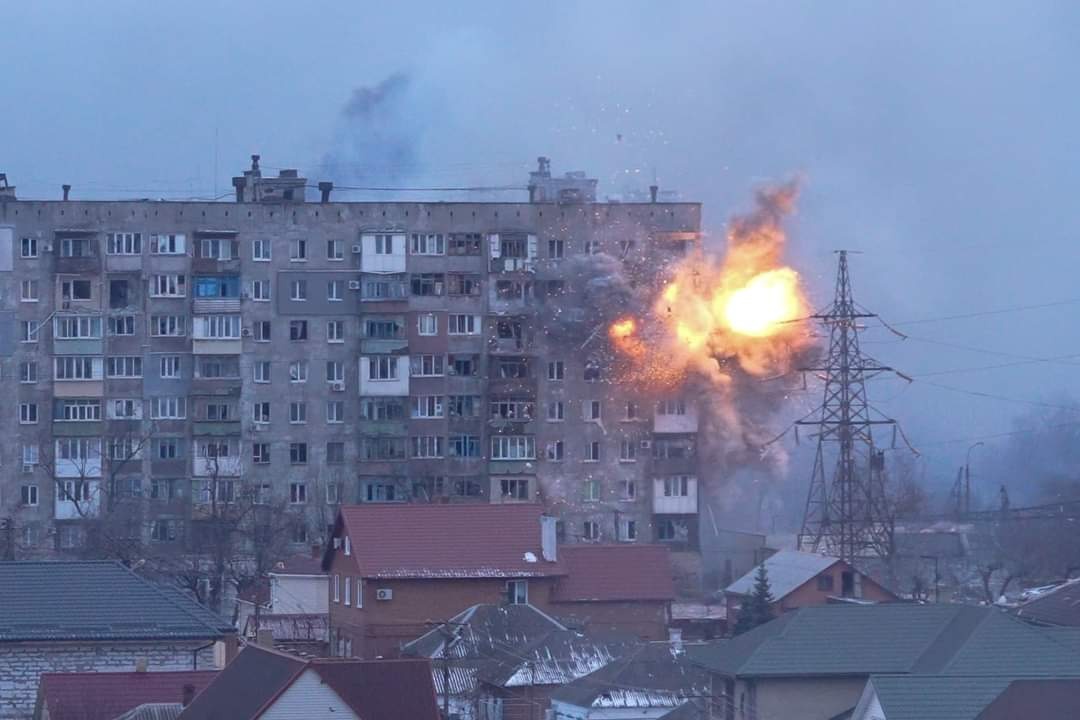 My mother’s house. A direct hit; their apartment is on the sixth floor.
My mother’s house. A direct hit; their apartment is on the sixth floor.
March 7. A horror-struck hug
After the curfew had ended, my mother went to her apartment. She was going through the back yards again. She had supplies of water, meat, and borshch at home. Instead of taking her clothes, she brought food. She was really worried that we would go hungry. I argued with her. Mother promised not to go there again. At least, until they stopped shooting.
But she still had to leave us again. Her mother was in the Prymorsky district of the city, and she had to be brought to us too. The taxi drivers, standing in their usual spot, didn’t want to go there no matter what fee they were offered.
The constant shelling was coming closer and closer to us. We lived in permanent fear, hugged each other every day like it was the last time.
Only my son couldn’t understand why there were so many people in the apartment, why almost all his toys were hidden in the baby cot, and something was banging loudly outside. Since that day, my little son understood: if it banged loudly, he had to run to the corridor. And then he was waiting there for us to come and hug him.
March 8. Pinch me
The absence of gas made our life much worse. To get just a little warm, to have some hot tea, we had to make an open fire, cut wood, and arrange charcoal grills. Since that day, we had to go outside under the shelling to cook some food.
The men, living in the house, congratulated the women on March 8. They even brought some flowers. They said the holiday wasn’t canceled. But it just made me cry.
Since that day, we would go to the basement every evening. At night, my husband, my child, and I went to our apartment, lay in our bed holding hands, and said, “Come what may. We are together now, and this is what really matters.” There was no other option then. Now I am scared to realize it.
March 9-13. Forgotten by everyone
The war brought neighbors very close together. In the morning, the men would make an open fire, then come and call us to put the kettle on and cook some food. We would cook soup or porridge together and then distribute all the food among everyone. There was no “ours” or “theirs” anymore. We survived as well as we could and shared this grief together. My husband and our son’s godfather found some food and distributed it among all the neighbors.
The street was our mass media. Someone was able to call his or her relatives and acquaintances, or someone managed to get some news from passers-by.
We found out that Mariupol had been awarded the status of a hero-city. Would I say that we took pride in it? No, I wouldn’t. People were so scared and exhausted that this piece of news merely brought a nervous grin to our faces. We didn’t care what we were called. The main thing was – would they ever stop shooting?
There were people who would agree to the Russian troops coming into the city, “The ones who want to leave – will leave. Why should people suffer so much?” It seemed that Mariupol was forgotten by everyone, and none of us would ever escape. We cried and laughed together; we hid in the shelter and cooked, prayed, and reminisced.
By that time, we all understood how cool our lives were in peaceful times. How wonderful it is to just take a bath and have coffee, talk to friends, and go to sleep in your own bed. We were dreaming about peace. And we made a solemn promise to celebrate our victory and peace in our yard. Our talks were constantly interrupted by shots. They wouldn’t cease then. If there was a break, it lasted 20 minutes at the most.
The maternity home was bombed nearby. It was two bus stops from our house. We heard the explosion while sitting in the basement... but at that moment, we didn’t know where the bomb landed exactly.
One night, our husbands didn’t come home. It was the worst night. We didn’t know where they were and whether they were all right. We were looking forward to the morning.
When we still had internet connection, I read an astrological forecast saying that everything would end on the 12th. Generally, I don’t believe in these things, but under bombing, people start believing even worse nonsense. I was looking forward to this date so much. But it was on March 12 that things became even worse for us.
March 14. 3D cinema
Early in the morning, a neighbor was banging on our door, shouting, “Get to the shelter, there might be a tank combat now.” The crossing of Budivelnykiv and Myru prospects was blocked with concrete blocks, and there was military machinery in the streets. A minute later, the people of our entire block of apartments came downstairs to the basement. There were our chairs, water, and cookies. We had stayed there for about twenty minutes when the fighting began.
They banged so severely that our iron door barely stood up. After each explosion, the glass in the entrances shattered. Women were crying, and men were chain-smoking in silence. And the children – there were four in our block – were clinging to their mothers.
It lasted for about an hour. We were sitting, scared to move. When the combat was over, we went upstairs again to get warm a little.
We spent another evening in the shelter. We had supper and a long talk about peace. The news about Mariupol being ruined to the ground didn’t sink in. The missiles exploded somewhere very close. The district where my mother and grandma used to live was already occupied, so was neighborhood unit 23. These are two sides of a crossing. Psychologically, it was very hard to stay in the basement, so my family and I went upstairs to the apartment.
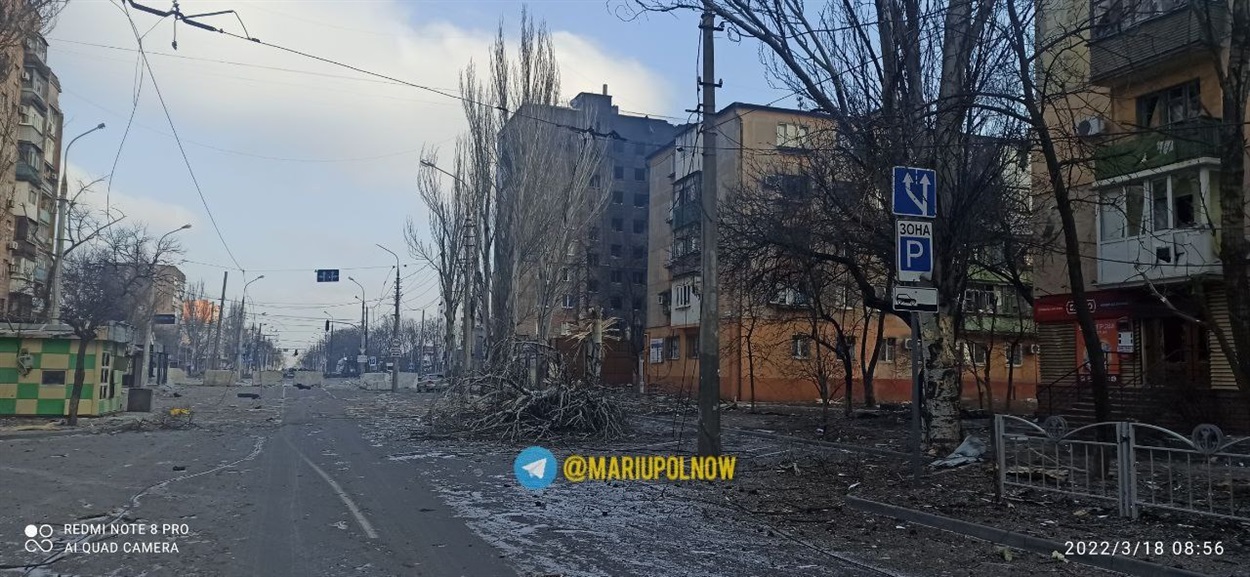 The crossroads of combat. My house is next to the road sign.
The crossroads of combat. My house is next to the road sign.
During the entire night, we – my husband, my son, Mom, and I — were lying on the sofa. That place commanded a view of the prospect, where the combat was going on. It was nothing compared to the flying bombs we saw from our window. It seemed like we were in a 3D cinema. The shelling lasted till late at night. And then – silence. I would have never thought that silence could be so scary. We fell asleep with these thoughts. But as early as four in the morning, we were woken up by a severe volley. It fell somewhere in the yard across from us. We didn’t sleep anymore that night.
March 15. The survivors
It was the first morning when people didn’t go outside to cook their food. The shelling was so severe and so close that even die-hards couldn’t overcome their fear.
I had just fed my son when another shelling started somewhere close to the house. Surprisingly, the mobile signal, which we had not had for a long time, was suddenly on. I was able to catch the Kyivstar signal in the kitchen, and my friend from Kyiv got through. I talked to her, standing next to the window. They started shooting from Grad. I saw them and in a second, I pushed my son to the floor and fell with him. The glass shatters were flying, and we were crawling to the corridor.
My son was sitting in my lap for an hour and didn’t move once. I was staring into one spot and praying. I wasn’t scared. A thought that it was the end flashed in my mind. But my husband interrupted my thoughts. He came back from work, went down to the basement, and breathed out, “You are alive. Now go to the apartment quickly. We are leaving.” I didn’t know where to. I didn’t care. I knew one thing: this hell would end soon.
It didn’t take us long to collect our things. We grabbed a suitcase, which had been packed beforehand, a backpack with documents, and some food for our son. We left all the rest at home. We didn’t have time even to change. And we didn’t think about it – the shelling was so fierce that the remaining glass shatters were still flying.
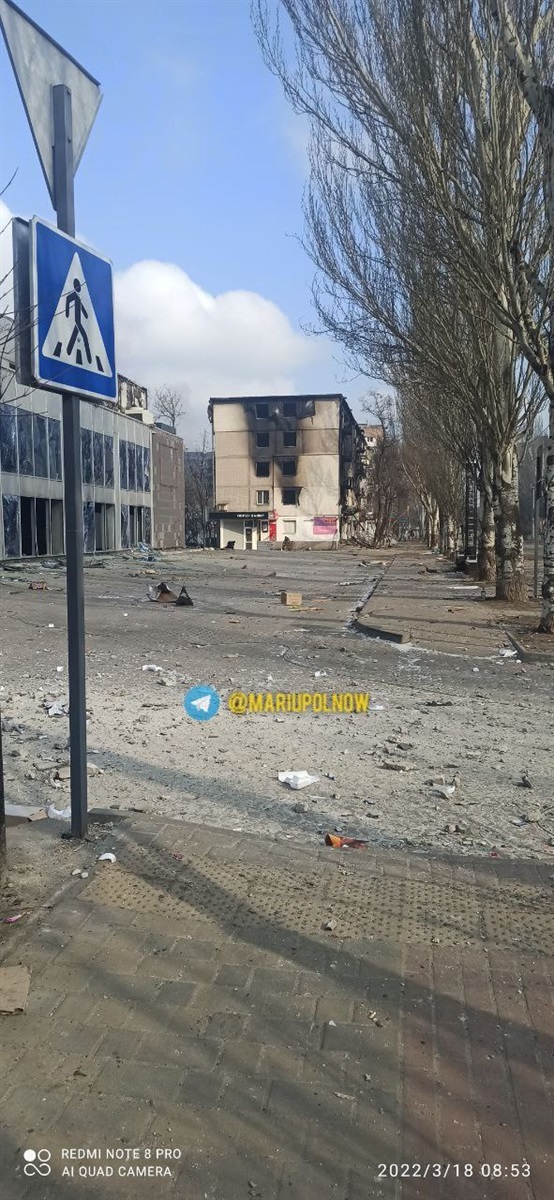 A supermarket opposite my house
A supermarket opposite my house
We barely caught the three cats. The fourth cat ran away during the shelling.
The godfather and godmother of our son were driving their own car, the glass in which had been blown out by the explosion. All six of us, plus the three cats, were in our car. The whole block came to say goodbye to us. Someone cried, someone blessed our trip, someone said that we would surely meet for a picnic one day. After our victory. My husband gave the keys to the apartment to a neighbor and told her to go there and take all the supplies of food and water.
We got into the car in silence. And we were crying almost the entire trip from Mariupol.
Twenty days of hell. Twenty days of destroying Mariupol. Twenty days when our home was taken from us again. I felt like these were not mere days but my entire life.



